Life
Sign up for our newsletter
We summarize the week's scientific breakthroughs every Thursday.
-
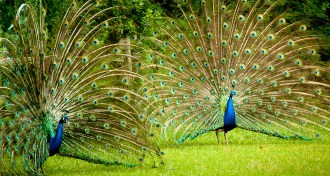 Animals
AnimalsMale peacocks keep eyes low when checking out competition
Eye-tracking technology shows peacocks barely gaze at the full height of other males magnificent eyespot feather spreads.
By Susan Milius -
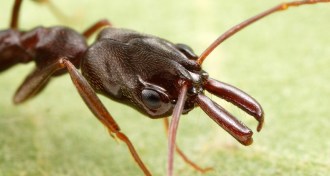 Animals
AnimalsHow a trap-jaw ant carries a baby
Powerful jaws make the Odontomachus brunneus ant a skilled escape artist.
By Susan Milius -
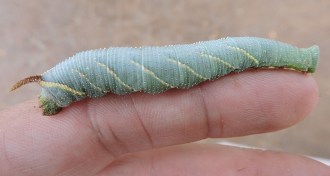 Animals
AnimalsWhy whistling caterpillars scare birds
Caterpillars that whistle when birds peck at them may be giving phony avian warning calls.
By Susan Milius -
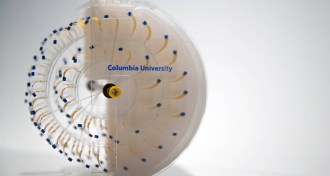 Microbes
MicrobesSpore-powered engines zoom ahead
Engines that run on the dehydration of bacterial spores can power a tiny car and an LED.
By Beth Mole -
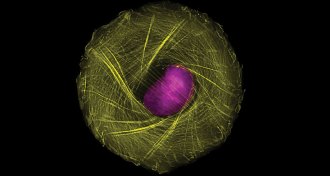 Life
LifeTwisty chains of proteins keep cells oriented
The counterclockwise twist of protein fibers jutting out from the edge of human cells allow the cells to distinguish right from left.
-
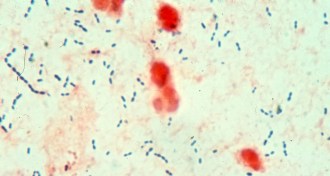 Genetics
GeneticsPneumonia bacteria attacks lungs with toxic weaponry
Some strains of the bacteria that causes pneumonia splash lung cells with hydrogen peroxide to mess with DNA and kill cells, a new study suggests.
-
 Ecosystems
EcosystemsOcean food source lives by day, dies by night
The most abundant carbon fixer in the oceans lives by day, dies by night, and may be key to the balance of marine ecosystems.
-
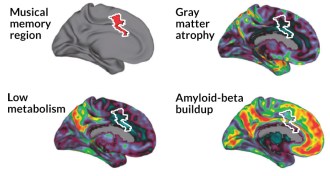 Neuroscience
NeuroscienceAlzheimer’s spares brain’s music regions
Brain regions involved in recognizing familiar songs are relatively unscathed in Alzheimer’s disease.
-
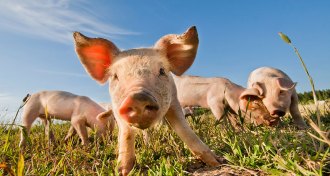 Animals
AnimalsPigs don’t deserve the name ‘Lesser Beasts’
From ancient forests to modern farms, pigs’ relationship with humans has been symbiotic.
-
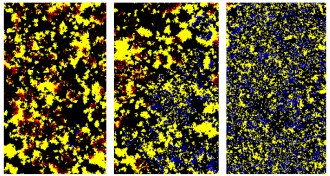 Life
LifeAging: Nature’s way of reducing competition for resources
Aging may have developed in many species as a genetic mechanism to conserve future resources. If the controversial proposal is true, then scientists may be able to greatly extend life span by deactivating the machinery for aging embedded in our DNA.
By Andrew Grant -
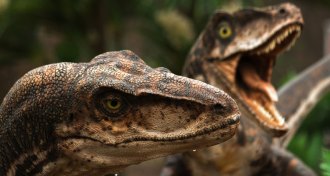 Animals
AnimalsCould the dinos of ‘Jurassic World’ become invasive?
Even if they escaped their island home, the giant reptiles of ‘Jurassic World’ probably wouldn’t survive on the mainland. But the movie’s plants are another story.
-
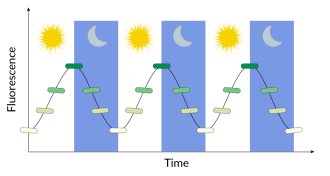 Genetics
GeneticsA circadian clock transplant gives E. coli rhythm
Clockworks from algae built into E. coli may hold future jet lag treatment.